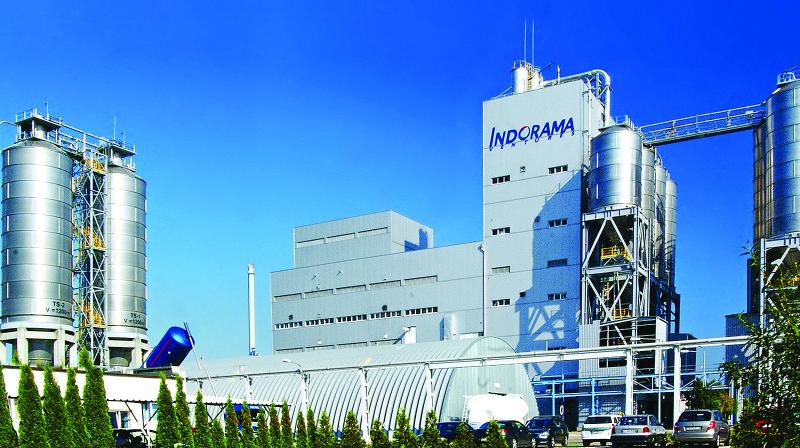Indorama Ventures commits $1.5 billion towards plastic recycling

Bangkok: Thai chemicals company Indorama Ventures has committed $1.5 billion of investment in recycling as consumers become more aware of the environmental impact of single-use plastic and regulators push for more recycling, it said on Wednesday.
Indorama's main business is the production of PET resin, a polymer used to make plastic bottles and fibres used in products such as seat belts and tyres.
In the 12 months to June 30 the company produced nearly 5,000 kilo tonnes of PET.
"We are investing $1 billion in recycling over the next five years," Chief Executive Aloke Lohia told Reuters on Wednesday, adding that investment would include greenfield and brownfield mergers and acquisitions focusing on bottle-to-bottle recycling.
Indorama has 11 recycling sites around the world, including plants in Thailand, Mexico and France, and aims to step up its green credentials in response to new regulation being rolled out by governments as well as changing expectations from customers.
In March the European Commission announced a target to incorporate 25 per cent of recycled plastic in PET bottles by 2025, with a targeted 90 per cent collection rate.
After 2023 Indorama plans to invest an additional $500 million by 2025 to help its customers to achieve the 25 per cent target, Lohia added.
Indian-born Lohia started Indorama in Thailand in 1994 with about 200 employees. The company has since grown to employ 18,000 people across 31 countries.
"There is infrastructure in the world to recycle PET. The problem lies in the collection," he said.
Consultancy Wood Mackenzie Chemicals estimates that the collection rate for PET beverage bottles in the European Union was about 58 per cent in 2017.
About 40 per cent of Indorama's revenue is from North America and about 30 per cent from Europe.
Indorama, which counts Coca-Cola, PepsiCo and Nestle among its customers, said it is working with brand owners and governments to allow more bottle-to-bottle recycling.
The acquisitive company still has $2.5 billion of uncommitted capital for new projects in its other businesses, including olefin, fibres and feedstocks, Lohia said.

